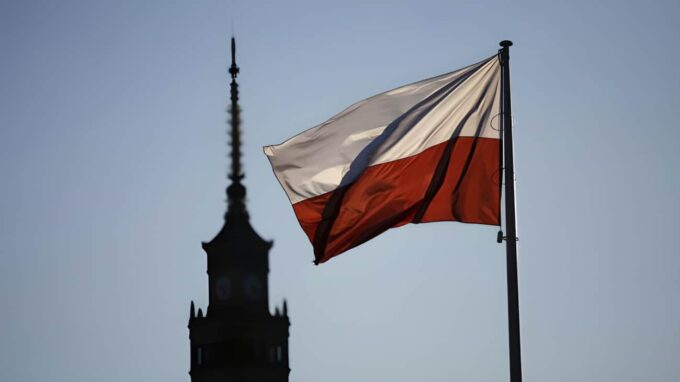The Deputy Head of the Main Directorate of Intelligence of the Ministry of Defense of Ukraine reported on the activation of a Kremlin special operation called “Doppelgänger” in Poland, which is part of a large-scale and long-term information influence campaign aimed at European society ahead of the country’s upcoming presidential elections

According to intelligence, Kremlin has launched a new phase of actions aimed at increasing disinformation activities in the neighboring country, which plays a key role in the security and political stability of the EU. Russian special services have created numerous fake websites and social media pages that almost perfectly imitate the appearance and content of reputable Western media outlets. This allows them to spread propaganda messages under the guise of real news, with the goal of manipulating Polish society and shaping the desired informational background for Kremlin. The source notes that since March this year, Russian intelligence agencies have intensified the dissemination of false and provocative messages across various social networks, including the well-known platform "X" (formerly Twitter). As part of this campaign, bot networks and artificial accounts have been actively involved to simulate real users and potential voters. These resources perform targeted tasks—amplifying anti-European sentiments, discrediting support for Ukraine from the Polish side, and calling for Poland to exit the European Union. The main target of the Russian disruptive campaigns has been criticism of the Polish government, particularly political opposition and the government of Donald Tusk, as well as spreading myths about Ukraine's negative impact on the internal situation in Poland. Kremlin seeks to portray Ukraine as a source of chaos and instability in the country's political life, while simultaneously increasing anti-Ukrainian sentiments in society. Meanwhile, pro-Russian media in Poland spread a negative informational background, labeling Ukraine as the main driver of political and social problems in the country. This serves as an additional tool to destabilize the situation and reinforce pro-Russian sentiments. Assessing the scope of this campaign, Ukrainian intelligence officials describe it as one of the "largest and longest" in the history of Russian information attacks, which already has a noticeable impact on Poland's political process and could potentially influence citizens’ electoral decisions. This Kremlin tactic demonstrates a strategic intent to deepen destabilization in Europe ahead of key political events, utilizing new technologies and tools of information warfare.

